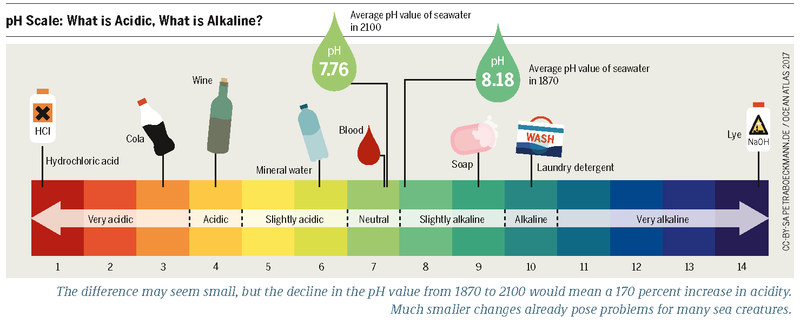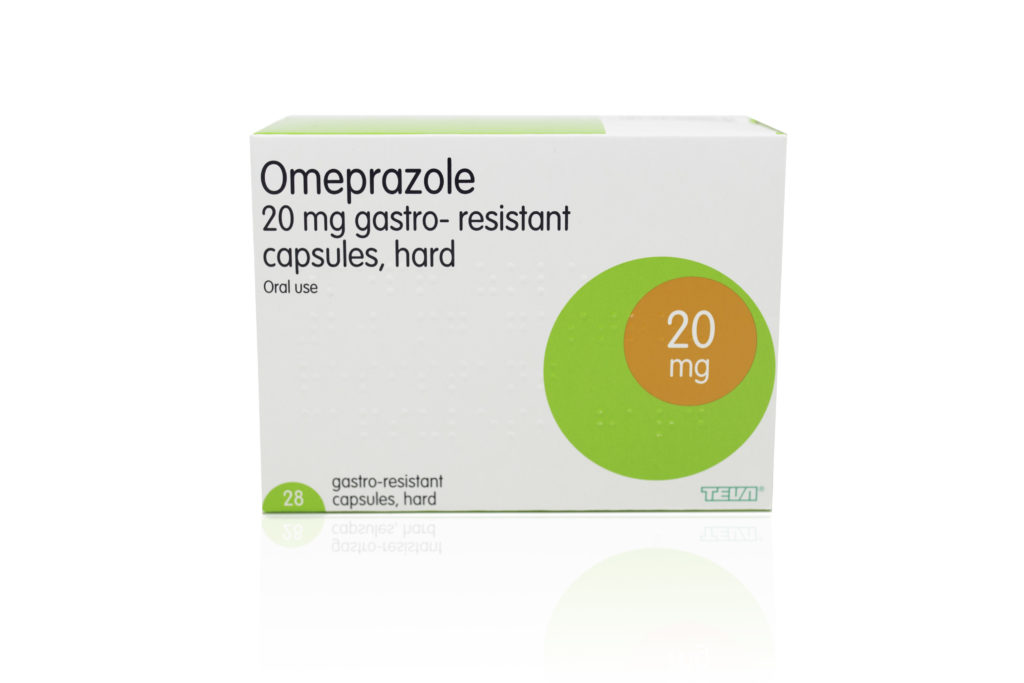What can I eat to help acid reflux?

Acid reflux is an unpleasant condition to suffer with. It can often cause heartburn which feels like a burning pain in the chest. This is due to excess acid from the stomach travelling upwards. In some cases, you may actually feel a burning in your throat when the stomach acid has travelled all the way up the oesophagus.
Acid reflux can come and go, but if it happens fairly often, you may have a condition called gastro-oesophageal reflux disease (GORD).
Symptoms of acid reflux or GORD often lead people to search for home remedies and tips to reduce the burning feeling, which is why we’ve written this article to show you which foods can help and which foods can harm. However, if you do suffer from chronic acid reflux, it’s unlikely that diet alone will cure your condition, but luckily there are certain foods you can eat to reduce its severity.
First, let’s look at the symptoms of acid reflux and GORD.
Acid Reflux Symptoms:
The most common symptom of acid reflux is heartburn. This can include a burning feeling or pain in the centre of the chest that is often accompanied by a burning sensation in the throat and tasting acid at the back of your mouth.
Other symptoms include:
- Coughing
- A hoarse voice
- Irritated oesophagus
- Bad breath
- Nausea
- Bloating
- Hiccups
This list isn’t extensive, and if you experience symptoms frequently, it’s important to visit your doctor to determine whether you suffer from GORD. In this case, you’ll need to be prescribed medication to reduce the amount of acid that your stomach produces.
So which foods can help?
This is where we do a bit of chemistry. Many of you probably did an experiment at school involving the pH levels of a substance. The lower the number, the more acidic something is, and if the number is high, it’s more alkaline. 7 is neutral, with water sitting around this level.
With stomach acid, the pH level is around 1.5-3.5, way below the neutral level. This is great for digesting food and breaking particles down, but not so nice on the oesophagus if too much of it is produced. Temporarily, eating alkaline foods might help to resolve some symptoms by reducing the acidity, but this shouldn’t be a substitute for a doctor as you might need medication to reduce the amount of acid your stomach produces.

Credit: Flickr
Foods that can harm acid reflux:
There are some common foods which also sit on the acidic side of the pH scale, meaning that these could irritate the condition even further. There are also some things you should avoid as they could cause excess production of acid. These include foods and drinks such as:
- Citrus fruits
- Pineapple
- Some dairy products
- Sugar
- Many fizzy drinks
- Tomatoes
- Caffeinated drinks
- Fatty or greasy foods
Foods that might help acid reflux:
Foods that sit around the neutral part of the pH scale are a safe bet, as well as foods that are a little higher and more alkaline (though we really don’t recommend that you go and drink some bleach). Some suggestions of foods to add to your diet when you get a flare-up of symptoms include:
- Oatmeal and whole grains: It’s thought that oatmeal and whole grains help to absorb acid in the stomach. It’s also good for your digestive system as foods that contain the whole grain tend to be less starchy and refined.
- Ginger: Whilst it does have a bit of a kick to it and might sound like it could worsen symptoms, ginger is often recommended due to its natural anti-inflammatory properties. It also helps to settle the stomach and reduce symptoms of nausea.
- Carrots: either whole or juiced, carrots might be able to help reduce symptoms of acid reflux. In fact, many cooks use carrots whilst making a tomato-based sauce to reduce its acidity, so it certainly shouldn’t cause or worsen your condition.
- Bananas: with a pH of around 5.6, bananas are a great snack to help with acid reflux, plus, they’re naturally sweet so if you’re avoiding sugars due to your symptoms, they’re handy to have around to curb any cravings.
- Leafy greens: greens such as spinach, broccoli, kale, celery, sprouts and asparagus amongst others are great to include in your diet anyway, but especially if you struggle with symptoms of acid reflux.
- Milk alternatives: for many people, milk and dairy products can actually trigger symptoms. In these cases, we recommend opting for lactose-free milk, or even better, a plant-based alternative like almond or oat milk.

Whilst this list isn’t extensive, all of the options on it are easily accessible from a vast majority of supermarkets without having to look too hard. But we really must stress that diet alone isn’t a substitute for medication if you need it.
Other tips:
Chewing gum might help to dilute the acid in your stomach as it helps the production of saliva. It’s always handy to keep a pack of chewing gum on you in case you have an onset of symptoms. It also helps to promote teeth and gum health as a bonus.
It’s also wise to avoid eating large amounts close to bedtime, as this can interfere with the digestion of food. A good rule of thumb to go by is making sure your last meal is at least 2 hours before you go to sleep.
If you’re woken up by symptoms or find it difficult to get to sleep, it might be worth investing in a foam bed wedge or propping yourself up with pillows. Being on an incline rather than lying flat can reduce the chances of stomach acid making its way up to your oesophagus
What medicines are available for GORD?
GORD is usually treated with medications that reduce the amount of acid your stomach produces. This leaves enough for the digestive system to work, but also reduces the risk of any acid making its way up to the oesophagus. These medicines usually include:
- Lansoprazole
- Omeprazole
- Ranitidine
These are available from your GP, or if you’ve already had a diagnosis of GORD, you can order some medicines directly from us with next-day delivery, subject to doctor approval.

If you don’t know what’s causing your symptoms, please see your GP and ask to be referred to a specialist who’ll carry out some tests to try and find out what’s happening.










